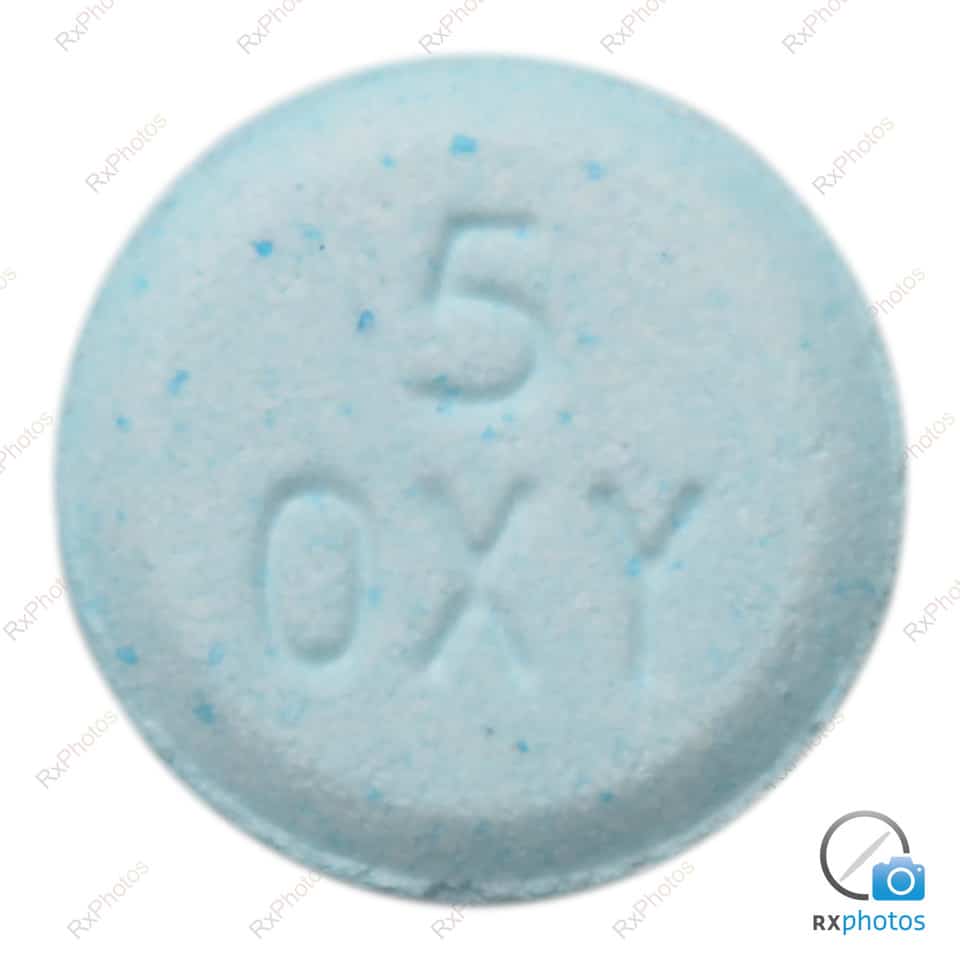Esomeprazole is a medication widely used to treat digestive disorders related to excess stomach acid. Its prescription is common for conditions such as gastroesophageal reflux disease (GERD) and peptic ulcers. This treatment relieves unpleasant symptoms like heartburn and abdominal pain, but it is essential to be aware of the side effects potential and contraindications which are associated with it.
THE side effects Common symptoms include headache, abdominal pain, diarrhea or constipation, and in rare cases, more serious symptoms related to liver damage. It is imperative to report any side effects that persist or worsen to a doctor. Furthermore, esomeprazole is contraindicated in people with hypersensitivity to the active substance, which highlights the need for a preliminary medical examination. This introduction highlights the crucial elements to consider before initiating treatment with esomeprazole, both for patient safety and for the effectiveness of the treatment.

Understanding Esomeprazole: Medical Prescription, Side Effects and Contraindications
L’esomeprazole is a commonly prescribed medication, classified in the category of proton pump inhibitors (PPIs). It is mainly used to treat various gastric disorders including gastroesophageal reflux disease (GERD), gastric ulcers and lesions caused by stomach acid. This medication works by reducing the production of acid in the stomach, which helps relieve symptoms related to excess acidity. However, a medical prescription must be made thoughtfully, taking into account the benefits versus the potential risks.
Medical Prescription of Esomeprazole
Before initiating treatment based onesomeprazole, it is essential to obtain an adequate medical diagnosis. This medication is prescribed in several circumstances: it is often recommended for patients suffering from heartburn, recurrent heartburn, and abdominal pain attributable to excessive acidity. It is also used to prevent gastric ulcers in individuals taking nonsteroidal anti-inflammatory drugs (NSAIDs), such asibuprofen.
The dosage varies depending on the indication and the patient’s state of health. Generally speaking, for adults, the average dose can range from 20 to 40 mg, administered once daily. Depending on the severity of symptoms and response to treatment, the doctor may adjust the dosage. It is crucial not to prolong treatment beyond the recommended period without the doctor’s advice in order to avoid possible adverse effects.
Potential Side Effects of Esomeprazole
L’esomeprazole, like other medications, can cause side effects. Among the most common, we find headaches, abdominal pain, as well as gastrointestinal disorders such as diarrhea And constipation. These side effects are usually mild and may go away on their own during treatment.
In some patients, less common side effects may occur, such as dry mouth, skin rashes, or dizziness. More serious symptoms, although rare, may include signs of liver disease, such as jaundice, dark urine And fatigue. In such cases, it is imperative to consult a doctor immediately.
It is crucial to remember that this list of side effects is not exhaustive. Each patient may respond differently to treatment. If a side effect becomes concerning or other unusual symptoms appear, it is recommended to consult a healthcare professional. Regular follow-up with a doctor makes it possible to monitor the progress of treatment and adjust the dosage if necessary.
Contraindications to the Use of Esomeprazole
Although theesomeprazole is generally well tolerated, certain contraindications must be taken into consideration before its use. It is strictly not recommended for patients with hypersensitivity known to this active substance, to benzimidazole derivatives, or to one of the excipients present in the medicine. This precaution is essential to avoid potentially serious allergic reactions.
Pregnant or breastfeeding women should also exercise caution and consult a doctor before starting treatment withesomeprazole. Although studies have shown that this medication generally does not harm the fetus, the decision to use a PPI should be carefully evaluated on a case-by-case basis.
Other medical conditions should also be considered. Patients with kidney or liver disease should inform their doctor before starting treatment. In some cases, dose adjustment or special monitoring may be necessary to avoid complications.
Finally, it is vital that the patient strictly follows the medical prescription and respects the instructions given by the doctor to guarantee the effectiveness of the treatment while minimizing the risk of adverse effects. For more detailed information on prescriptions, side effects and contraindications ofesomeprazole, online resources like that of Public drug database Or Vidal provide valuable and reliable information.

Esomeprazole FAQ
What are common side effects of esomeprazole? Common side effects include headache, of the abdominal pain, from the diarrhea, from the constipation and nausea.
In case of serious side effects, what to do? If you experience a serious side effect or one not mentioned in the package leaflet, it is important to tell your doctor. doctor.
Is esomeprazole contraindicated in certain cases? This medication is contraindicated in cases ofhypersensitivity to the active substance or any excipient contained in the preparation.
What is esomeprazole used for? Esomeprazole is used to treat and reduce the risk ofgastric ulcers and is also prescribed for symptoms suggestive of gastroesophageal reflux (GERD).
What is the recommended dosage for esomeprazole? Dosage may vary depending on the condition being treated, so it is essential to follow your doctor’s instructions. doctor for proper use.
What are the symptoms indicating a serious liver reaction? Signs like jaundice, of the dark urine and the fatigue may indicate liver disease which may occur in rare cases.
How does an interaction with other drugs manifest? It is crucial to inform your doctor of all other medications you are taking to avoid possible unwanted interactions.
Can esomeprazole be used in children? The use of esomeprazole in children should be decided by a doctor, depending on the specific needs and safety of the child.
What are the alternative treatments to esomeprazole? Other treatments for stomach conditions, such as antacids or other proton pump inhibitors, may be considered as recommended by the doctor.
What duration of treatment is generally recommended? The duration of treatment depends on the condition to be treated and the response to the medication, and should be determined by your doctor.











